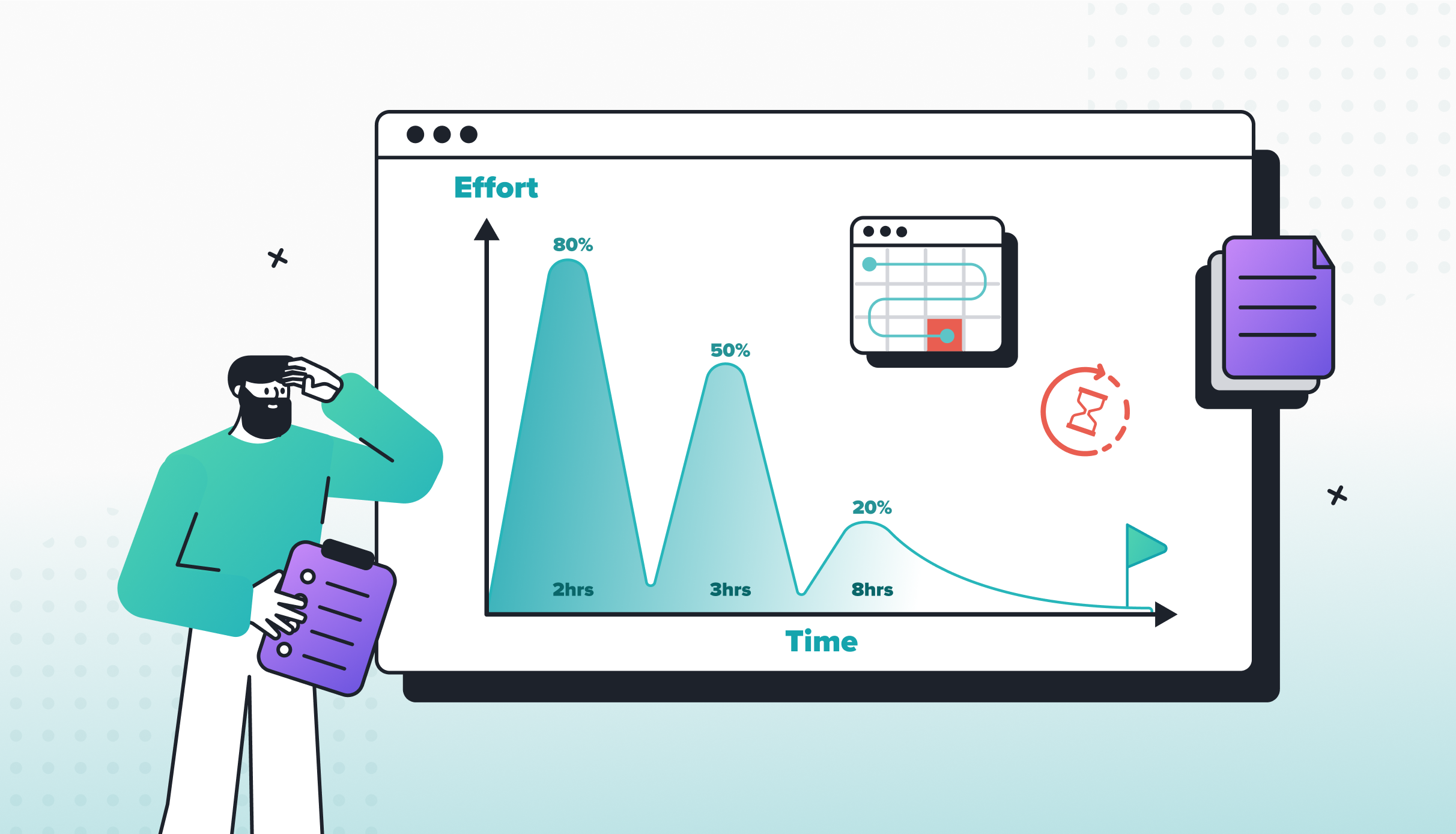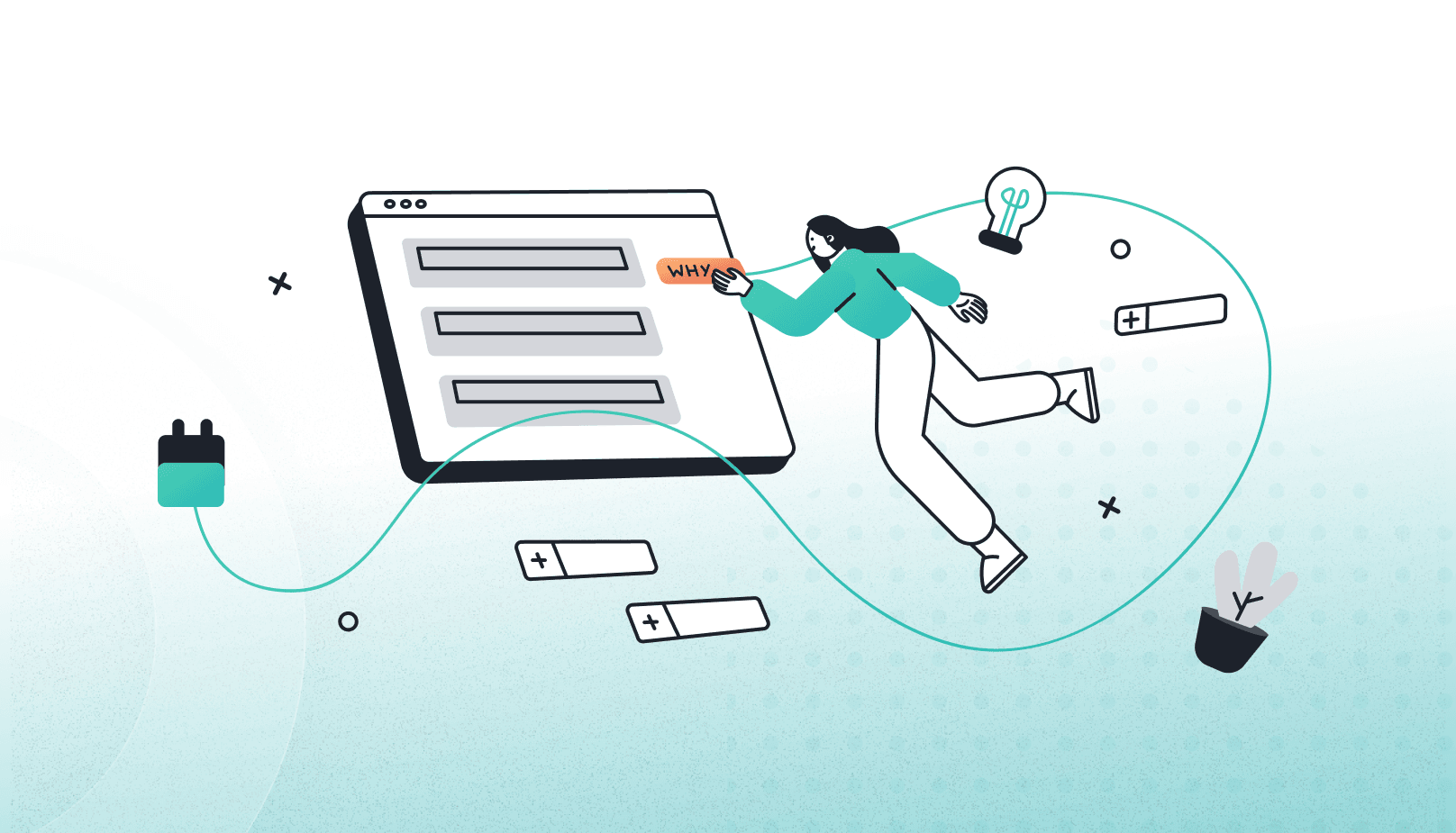
The Toxic Productivity Trap - Why Doing More Isn’t Always a Good Thing
Productivity is amazing.
At Taskworld, we love it probably more than most people. We created an entire task management system developed around improving our and other people’s productivity, after all. We live, breathe, and talk about it daily in most of our meetings and with clients.
But, like all things in life, moderation is the key. Anything done in excess becomes a problem, and that goes for getting things done. When you find yourself constantly stressed, unable to switch off, or overly focused on how productive you’re being - you’ve strayed into toxic productivity territory.
So, to protect positive productivity, let’s talk about toxic productivity -what it is, how to spot it in your life, why it’s so bad, and how to avoid it.
What is Toxic Productivity
Toxic productivity is when you become obsessed with chasing productivity at all times at the expense of your personal life, hobbies, family life, etc.
People who have slipped into toxic territory can rarely do something just for the sake of enjoying it. They struggle to go for a leisurely walk with friends or have coffee with someone and not network or talk about work. Everything they do daily is the next step on some ladder towards even greater achievements.
What is Causing the Rise in Toxic Productivity?
Toxic productivity is not a new phenomenon. Humans love to overdo good things, and some have historically tended to overwork themselves.
People who were prone to toxic productivity are those who:
- Are a perfectionist
- Overly fear failure
- Have an unhealthy desire to control everything
- Believe too much in modern “hustle culture”
And it’s this last point that has caused the recent rise in mentions of toxic productivity. The current focus on “hustle culture” and always on remote work has caused many people to shift into unhealthy work styles. Think of how many leaders and experts are pushing this idea that we should always be winning, doing, or accomplishing something. Influencers constantly push us to work our side hustles and chase our dreams.
Ultimately, we’re made to feel like it’s our fault if we do not realize the success we want. So, we double down to work harder, creating a dangerous spiral that can actually push our dreams and goals further away from our grasp.
What’s So Bad About Toxic Productivity?
We should all want to hustle and push ourselves to grow and be better, right? That sounds good, at least in theory.
Unfortunately, as the name suggests, toxic productivity is when we’ve pushed things too far. The chase to climb the ladder or improve ourselves becomes an obsession or addiction.
Over time, people begin taking their sense of self-worth from how much they can accomplish. They stop valuing family relationships or contact with friends in favor of getting something else done or throwing themselves deeper into work.
Left unchecked, toxic productivity can lead to increased stress, anxiety, burnout, and even depression.

How to Identify if Your Productivity is Becoming Toxic
Healthy productivity varies by person, so spotting unhealthy trends can be tricky. However, some common signs manifest in those who have over-prioritized productivity, like:
- Feeling overly anxious or guilty when not busy with a task or working in some way
- Falling sick more often
- Putting off sleep so you can do more
- Getting ahead by working through your scheduled breaks
- Avoiding self-care like your diet, hair, etc.
- Neglecting personal relationships
- Working to avoid your problems
- Inability to rest, relax, or practice self-care
Ways to Avoid Falling into Toxic Productivity
For some, throwing themselves into work is a way to deal with stress or uncertainty. Others fall into toxic productivity because of advice from thought leaders. Whatever the cause, it’s a pattern we’ve learned or fallen into over time. Most of us start off with a healthy relationship with work.
That's good news. To correct things, we simply need to make a few adjustments to get things back in line and reestablish healthy boundaries and patterns in our work.
Define better work boundaries Covid caused a long-term shift in work and home life boundaries. Defining when you can and can’t work is harder since work days became these weird shifts of hours and expectations. But, setting aside time that work cannot touch is crucial for avoiding burnout.
Keep goals realistic When you clearly understand what you can accomplish in a reasonable amount of time, you’re more able to differentiate between work that needs to be done now and what can wait.
Schedule in breaks The average worker has 62 meetings a month. And that’s on top of their other tasks and work responsibilities. Taking a break will often seem like a luxury you can’t really afford. But 15 minutes of rest can do more to boost you than powering through things to the point of exhaustion. Taking a moment to breathe shouldn’t be seen as unproductive. So, schedule regular breaks, and DO NOT skip them or try to double up on a task during those breaks!
Prioritize entertainment and pleasure Hobbies and time with friends are the first things to go when someone has fallen into the toxic productivity trap. But getting some fresh air, visiting the gym, or having a relaxing meal with friends are excellent ways to replenish yourself and gain perspective. You can’t train to run a marathon without rest days. Similarly, you can’t work nonstop without recharging your personal batteries.
Use Taskworld to help
Your task or project management software can be a great help in avoiding toxic productivity. You can actually use software, like Taskworld, to implement all the tips from above.
You can use your schedule overview to help you gain perspective on what your goals should be and what can wait. You can dig in with analytics to see what you accomplished in the past, so you can set realistic goals in the future. Use scheduling options to set yourself as away or offline throughout the day to take time for yourself. And just because you use Taskworld for work doesn’t mean you can’t also use it to schedule entertainment and hobby breaks.
Again, we want you to be productive. Getting things done is a vital part of our lives. But it can’t be our whole life. We believe in working smarter so you can accomplish more while also enjoying the rest of your life, friends, family, and everything else that truly matters.





